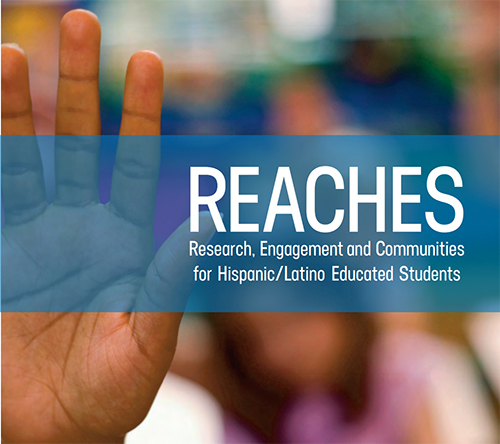Hispanic Program Replication Manual Can Help More Communities
Print This Post
Four years ago, the Georgia Partnership for Excellence in Education (GPEE), using a grant provided by the Goizueta Foundation, began a project designed to “strengthen the education pipeline of Hispanic/Latino students in Tattnall County and Calhoun City Schools.” By all accounts, this unique program was a resounding success.
Although REACHES has ended, there are lessons learned worth sharing with other school systems across the state that have high Hispanic populations. GPEE has developed a replication manual that both details successes and provides helpful information that can be used or modified for similar start-up programs.
Both participating school systems were asked initially what key strengths and challenges were facing their Hispanic students and families. Once that question was answered and objectives defined, it was time to roll up the collective sleeves of education, business, research and child advocacy communities and get to work.
Both communities saw a number of improvements and outcomes from their efforts. For example, Calhoun City Schools encouraged their academically advanced bilingual Hispanic students to attend a district tutoring program to assist their peers learning English. Tattnall launched and grew a free English language program, helping reduce communication barriers and they improved cultural competency skills of all system educators through diversity training.
The two school systems plan to follow through on what has been started. As Calhoun City Schools Superintendent Dr. Michele Taylor says, “REACHES has been extremely beneficial to Calhoun. We have more folks around the table aware of and focused on the needs of our children who are learning English.”
Dr. Gina Williams, superintendent of Tattnall County Schools, was equally enthusiastic. “The program has been a great return on investment. Our educators, Hispanic families and community leaders all have a stake in and benefit from this initiative.”
Besides the brochure, you can learn more about the program on GPEE’s website.
